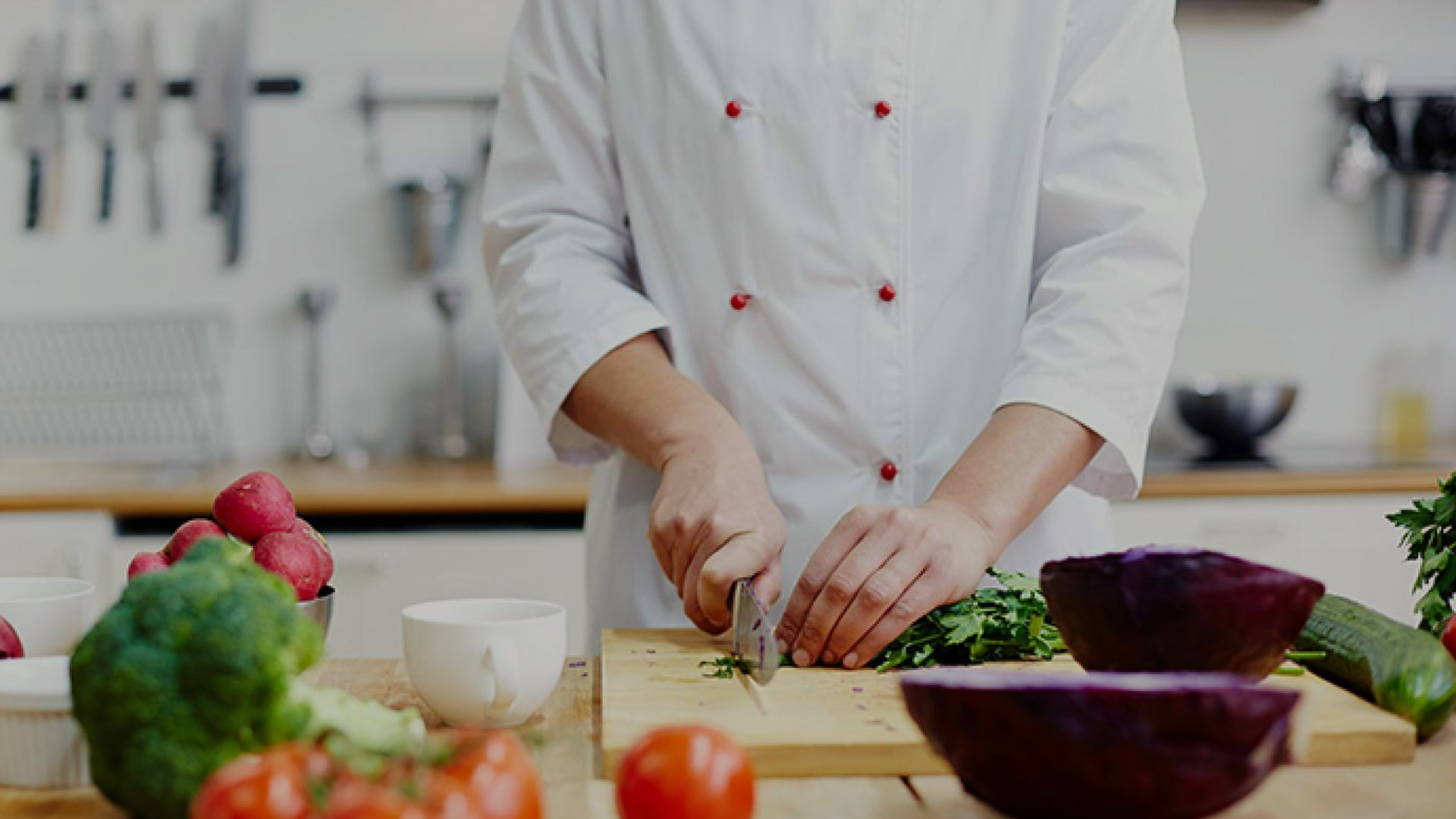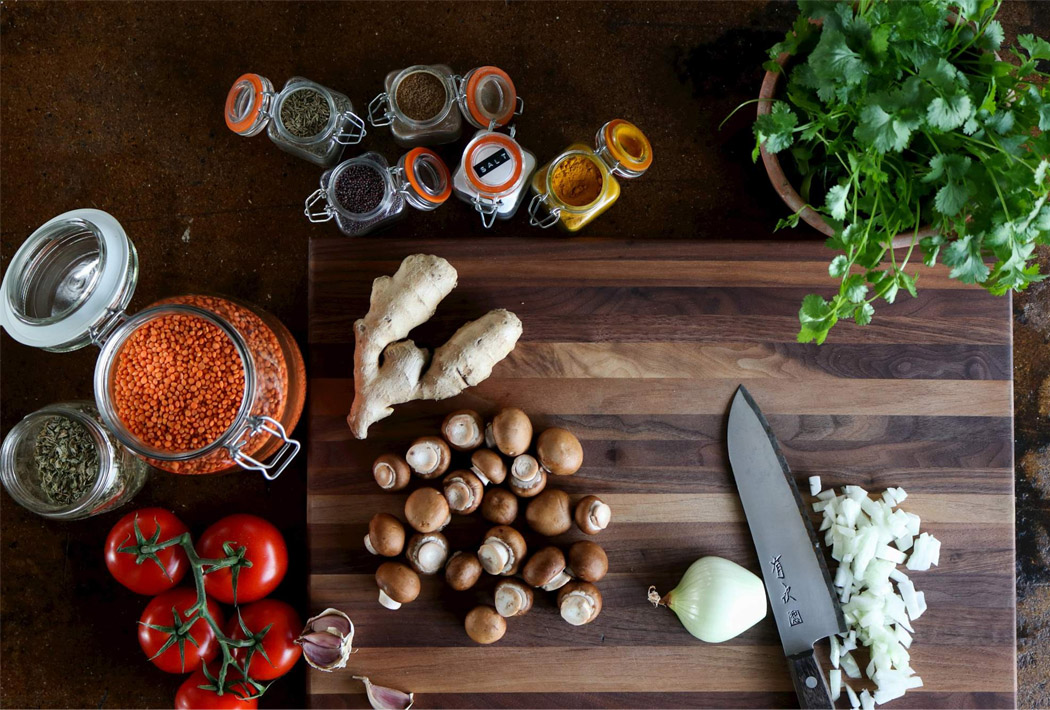
Food, The Way Forward: What the Experts Think

The Imperative for Better Skilled Hospitality Professionals
April 14, 2024
Association for Catering Establishment’s Opinion on Tourist Arrivals in 2023
April 16, 2024Let me start with a disclaimer. I love meat, fish, and fowl. I
love all seafood, including sea urchins, or rather loved them
while they were available and legal to extract.
I also adore
experimenting with food as long as I know that my life, or
quality of life, is not at stake.
But should anyone care about my likes, dislikes and fears? If what I and many others eat might be harming the ecosystem, or if the supply of anything we are ingesting is endangering the world’s future resources, shouldn’t we care about what we eat, how we eat, the quantity we eat, and even how the ingredients that make up our food are sourced?
Are we in the midst of a problem, but like those three famous monkeys we cover our eyes, ears and mouth? Shouldn’t we, worldwide, but especially we in this tiny island of ours with our limited resources and huge population, discuss food and anything connected to it? Not just discuss how many stars or awards the food we consume deserves, but also discuss everything connected to the food chain?
The idea of going plant-based or partially plant-based scares a number of people. Food without meat is seen as not satisfying enough and not quite gourmand enough for our expectations. Some even debate whether this provides enough nutrition in a person’s diet. There’s also a fear that anything vegetarian is not sexy or macho enough; it’s maybe too closely, and wrongly, associated with being bland, too healthy, fare for rabbits, cows, birds.
Harvard Health Publishing, the consumer health information division of the Harvard Medical School, describes plant-based eating patterns as a “focus on foods primarily from plants. This includes not only fruits and vegetables, but also nuts, seeds, oils, whole grains, legumes, and beans. It doesn’t mean that you are vegetarian or vegan and never eat meat or dairy.”
What people running restaurants in Malta think about the future of food, the resources we have and what the future holds, is quite revelatory. I asked a number of leading Chefs and hoteliers whether they think a plant-based diet might be the way of the future.
Robyn Pratt, General Manager at The Phoenicia, grew up on a cattle farm in Australia so finds it difficult to imagine a fully plant-based diet. “Yet,” she says, “I agree that it is a definite and increasing trend. And we should also be more considerate in how we treat the earth itself which gives us our resources.”
Pratt says: “My father was a farmer from a young age and he always said that we have to take care of the land for it to take care of us. He always made us aware that we shouldn’t be greedy. His method of farming always ensured he looked after the land by reinstating whatever he took away. I have had the privilege to see the benefits of this philosophy, yet unfortunately in my life I have also seen the impact of not caring for Mother Earth and the negative impact it brings – this is why I do believe there is the potential for a balanced approach.”
Marvin Gauci, who was recently voted Top Chef in Malta by the Definitive(ly) Good Guide, and owns and runs a number of restaurants, had this to say: “I agree that it seems we’re heading in that direction of more plant- based foods. I also try to make it a rule to eat foods that are as organic as possible. I believe that you can make some really tasty vegan dishes with ingredients that are entirely organic. I’ve tried getting into alternative meats, but after reading studies about them I have taken a step back and began my deep dive into organic vegan dishes.
“In my restaurants,” Gauci adds, “we are continuously adapting our menus to suit the needs and wants of our guests. We also understand the struggle that some people face when they do not eat the traditional restaurant dishes such as meat and fish. We keep this in mind when we create our new menus. We have had the opportunity to include plant-based food in our menus and we have decided to take a more organic and creative route.”
Justin Zammit Tabona from the Xara Collection runs a number of restaurants, one of which is MICHELIN-starred and was voted Best Restaurant in the Definitive(ly) Good Guide. He also thinks that “we are moving in a direction where plant-based food is becoming increasingly sought after. It has become the more mindful and health- conscious choice, mainly brought forward and spoken about by the younger generations. The move to meat- free or fewer meat-heavy meals is a more sustainable and environmentally friendly alternative. But I believe that traditional food is still popular and will remain on our menus in the foreseeable future.”

Sheldon Sammut from the Scala Restaurant in Rabat totally disagrees with the idea that plant-based is the way forward: “As a Chef and a restaurant owner I can’t envisage dishing out purely plant-based food. We offer vegan and vegetarian dishes, however to me a restaurant cannot be complete with just plant-based food. I realise that there are restaurants and Chefs already implementing these kinds of menus and I fully respect them but I can’t see it happening much.”
Michelle Muscat who owns and runs La Vela restaurant is also the President of the Association of Catering Establishments. She thinks that plant-based food is certainly on the increase. She goes on: “I don’t think it’s the absolute way forward. At times I feel this happens because of trends or diets and I believe the consumption of animals and animal products will remain high. But we have to cater for these new trends and as a restaurant we already put a lot of emphasis on tasty and healthy vegetarian creations.” Robyn Pratt agrees that nowadays guests are looking for more variety in ways to dine.
“We definitely offer more vegan and vegetarian dishes than we ever did,” continues Pratt. She says: “My feeling is that we need to achieve a greater balance in all we do, including the choice of foods that we eat. I am not sure about total plant-based and believe that we need to develop dishes that still taste great and look wonderful while being partly plant-based.”
The hotel Pratt manages now offers plant-based options on all their menus, including their banquet menus. “Something I think is important when someone asks for a vegan or vegetarian option is that it doesn’t just consist of a plate of vegetables,” Pratt says.
Stephen Schiavone who, together with his brother, owns and runs the fish based Tartarun, feels that any change which will stop them using fish would be tantamount to the restaurant’s demise.
Schiavone believes that “based on our observations and the feedback from fishermen, it does seem that fish stocks are declining and fishing costs are rising. We may have to buy from 10 different sources to get 50kg of fish. But we have maintained good relationships with individual fishermen to secure our supply and we have also improved our storage methods to extend the fish shelf life.”
Schiavone goes on: “In the future, we may witness more fish farming products. We may also face higher fish prices, and what we now consume in large amounts might become a luxury and a treat.”
I asked if in the future Tartarun would ever consider not using fish as their main attraction. Schiavone can’t ever see that happening. “We opened Tartarun in Marsaxlokk to be a fish restaurant. Using other animals or going plant-based is not in our ethos. We must continue our journey with fish and its challenges.”
Schiavone, however, also believes that to achieve a more sustainable future, we need to take some action. He cites tuna management, which seems to be effective, as there is more tuna in the wild. “Therefore,” he says, “we should ban or limit some fishing methods that are more damaging to the environment and create flexible protected areas. We should also support the local fishermen who rely on the industry, while preserving the marine ecosystem.”
Fish, according to Schiavone, is in high demand, as it is a vital part of our nutrition. Tartarun does its bit to not contribute to overfishing by buying only line-caught fish. “This,” Schiavone concludes “is one of the most sustainable ways of fishing.”
Everyone I spoke to admitted that the problem of resources and sustainability at a time when consumption is growing is a frightening challenge.
Seeing that most of those involved in the restaurant trade know that we are facing problems which could change the whole way we eat and feast in the near future, shouldn’t we discuss this situation on a national level?
The future is now and ideally action should be taken to safeguard our own lifestyle and lifeblood.
Stay tuned for Part 2 where in Issue 16 Victor continues the discussion on the relationship between consumption growth and diminishing resources.

Victor Calleja
Victor Calleja is a writer and columnist for Malta’s leading newspaper. For a number of years he edited Insider, a gastronomy and hospitality magazine. He also edited Archetype, centred around urban living. Victor loves anything connected to words, food, travel, and storytelling.
vc@victorcalleja.com
Click here to see Horeca Issue 15 online



